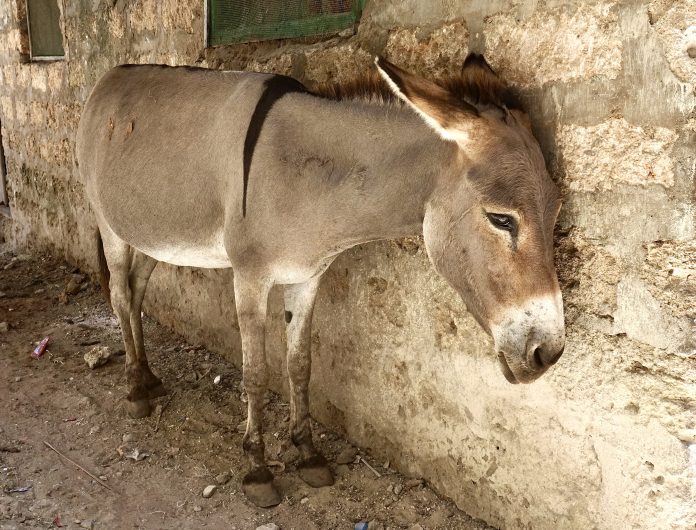You can help all animals and our planet by choosing compassion on your plate and in your glass. #GoVeg
RELATED ARTICLES
Banning Cruelty: New Legislation Aims To Ban Octopus Farming In The U.S.
New bipartisan legislation has just been introduced in the U.S. to ban commercial octopus farming and prohibit imports of farmed octopus from foreign countries.
The...
Outrage In Yellowstone! Grizzly Bear Killed By Wildlife Officials & Left With Head & Paws Cut Off
Photo by: Trisha McFarland / Cowboy State Daily
A photo of a dead grizzly bear with its head and paws cut off has caused an...
Inside Florida’s Illegal Horse Meat Trade: Undercover Footage Shows Racehorse Being Shot & Butchered
A heart-wrenching discovery of illegal horse slaughter has emerged, with video footage exposing the tragic killing of a racehorse named 'Funny Biz,' who was...
Popular stories
News
Promising News As Three Orphaned Black Bears Are Rehabilitated And Released Back Into The Wild In Arizona
Three juvenile male black bears were thankfully released back into their natural habitat on June 13th by biologists from the Arizona Game and Fish...
Industry News
The State Of Mizoram In India Moves One Step Closer To Banning The Dog Meat Trade By Protecting Dogs From Slaughter
Mizoram, India, has taken the first step towards ending its dog meat trade by amending the law to remove dogs from the definition of animals...
The United States & South Africa Form Powerful New Task Force To Combat Wildlife Trafficking
Secretary of the Treasury Janet L. Yellen recently announced a commitment between the U.S. Department of the Treasury and South Africa’s National Treasury to...



